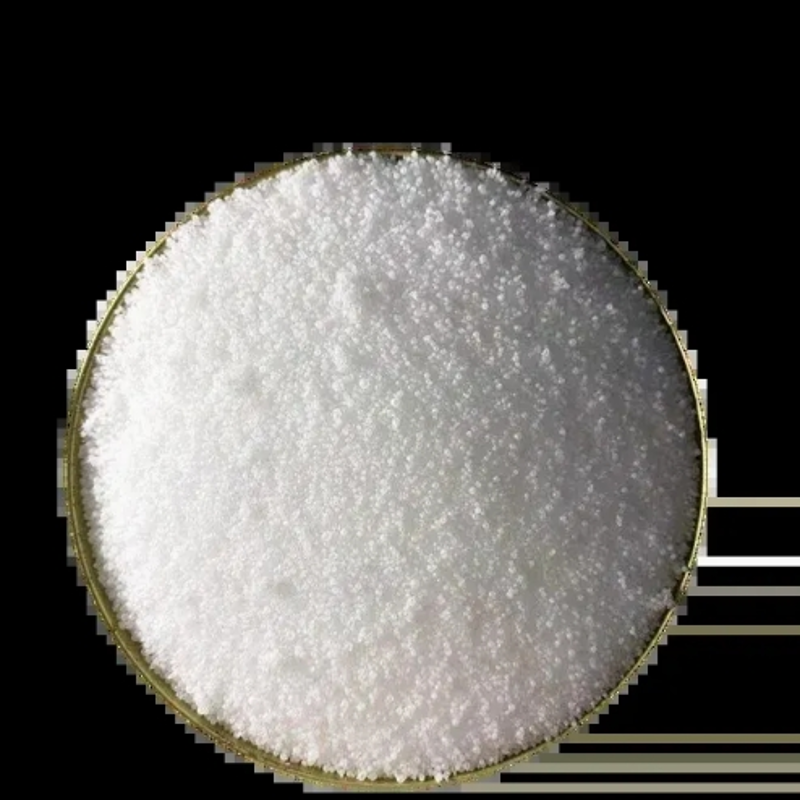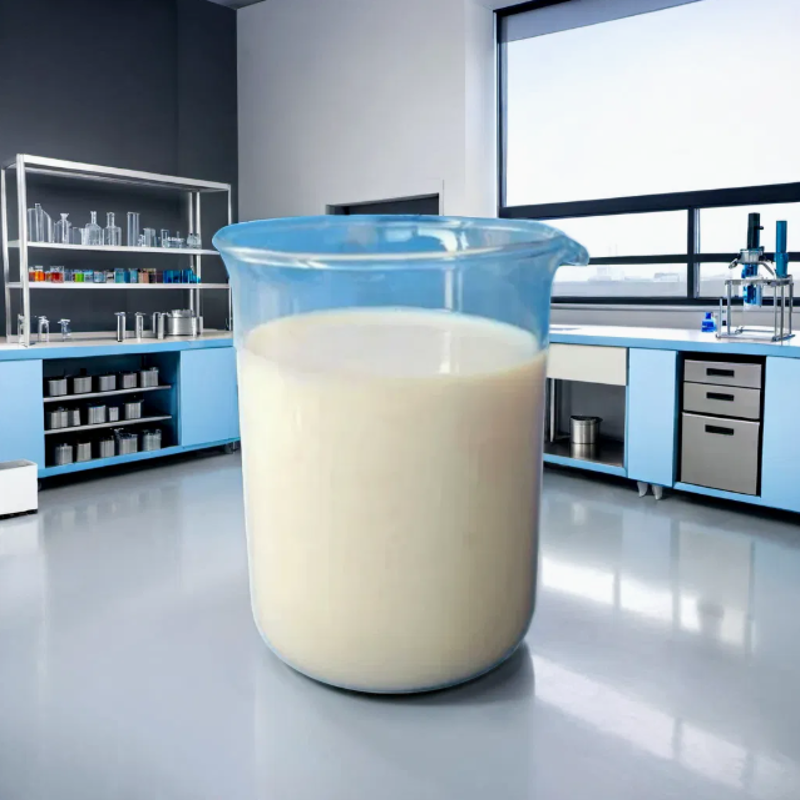-
Categories
-
Pharmaceutical Intermediates
-
Active Pharmaceutical Ingredients
-
Food Additives
- Industrial Coatings
- Agrochemicals
- Dyes and Pigments
- Surfactant
- Flavors and Fragrances
- Chemical Reagents
- Catalyst and Auxiliary
- Natural Products
- Inorganic Chemistry
-
Organic Chemistry
-
Biochemical Engineering
- Analytical Chemistry
-
Cosmetic Ingredient
- Water Treatment Chemical
-
Pharmaceutical Intermediates
Promotion
ECHEMI Mall
Wholesale
Weekly Price
Exhibition
News
-
Trade Service
Isobutanol is an important chemical intermediate that is widely used in the production of various chemical products such as solvents, fuels, and plastics.
It is also used as a building block for the synthesis of complex organic molecules.
In the chemical industry, there are several methods for the synthetic production of isobutanol.
This article will discuss the most common synthetic routes for isobutanol.
The first synthetic route for isobutanol involves the reduction of isobutylene, which is a precursor to isobutanol.
Isobutylene can be reduced to isobutanol using a variety of reducing agents such as hydrogen gas, sodium borohydride, or lithium aluminum hydride.
The reduction reaction can be carried out in the presence of a solvent such as ethyl ether or hexane.
This method is relatively simple and widely used in the industry.
Another synthetic route for isobutanol involves the oxidation of isobutane to produce isobutanol.
Isobutane can be oxidized using various oxidizing agents such as potassium permanganate, sodium periodate, or hydrogen peroxide.
The oxidation reaction can be carried out in the presence of a solvent such as water or acetic acid.
After the oxidation reaction, the resulting isobutanol can be separated from the reaction mixture using methods such as filtration or distillation.
A third synthetic route for isobutanol involves the fermentation of isobutanol.
Isobutanol can be produced through the fermentation of sugar crops such as corn or sugar cane.
This process involves the conversion of sugar into ethanol, which is then converted into isobutanol through a series of biological and chemical steps.
This method is becoming increasingly popular as it is renewable and sustainable.
The choice of synthetic route for isobutanol depends on various factors such as the cost, availability of raw materials, and the desired purity of the final product.
The reduced cost and increased availability of raw materials have made the reduction of isobutylene the most popular and widely used method for the synthesis of isobutanol.
However, the fermentation of isobutanol offers some advantages over the other methods, such as a lower cost for large-scale production and the potential for a renewable and sustainable source of isobutanol.
In conclusion, there are several synthetic routes for isobutanol, and the choice of route depends on various factors.
The reduction of isobutylene is the most popular and widely used method, but the fermentation of isobutanol is gaining popularity due to its renewable and sustainable nature.
The reduced cost and increased availability of raw materials have also made the reduction of isobutylene the most cost-effective method for the synthesis of isobutanol.







